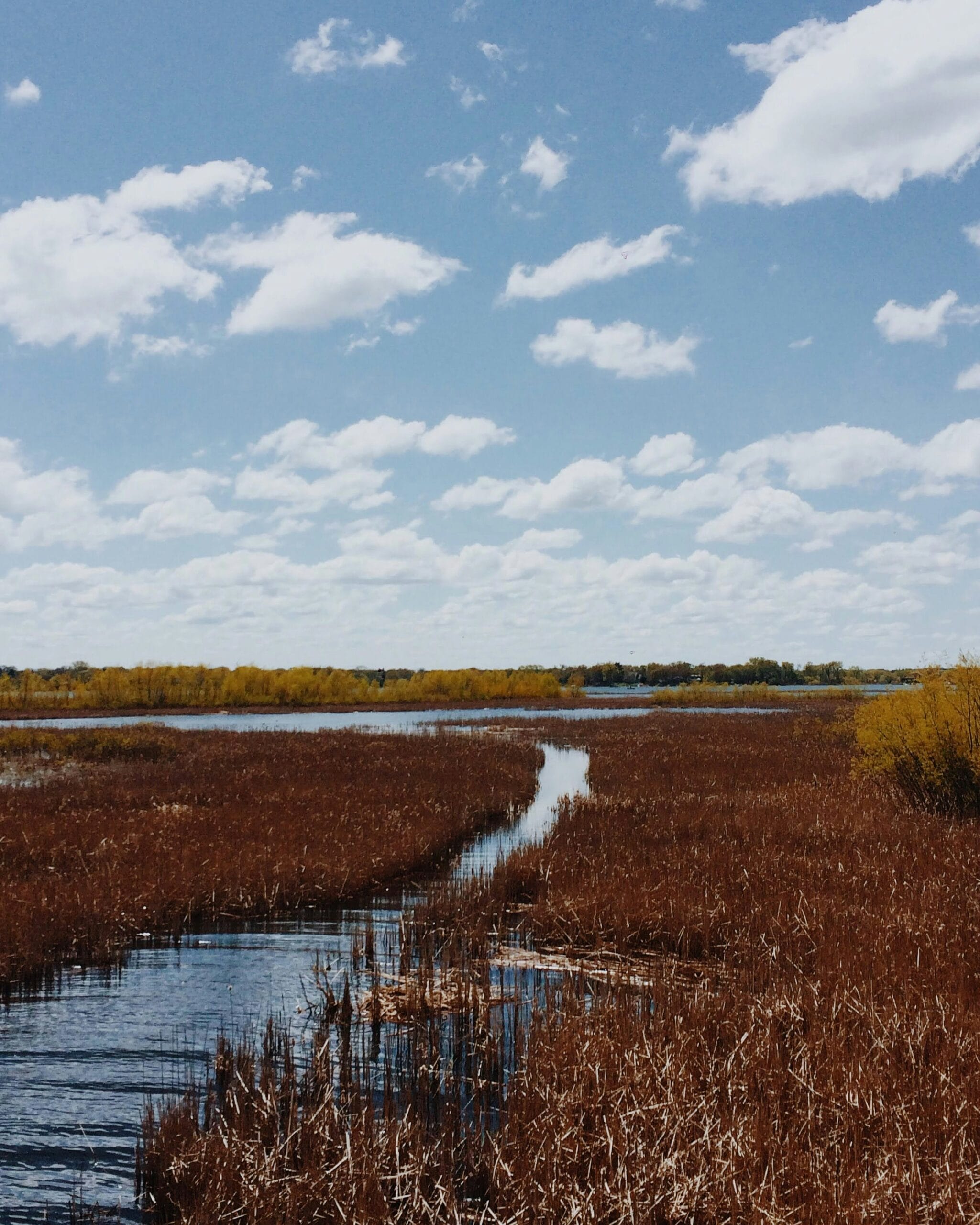Introduction to White Bear Lake
White Bear Lake is a city located in Ramsey County, Minnesota, situated approximately 15 miles northeast of the Twin Cities of Minneapolis and Saint Paul. The city is named after the large, glacial lake that dominates its landscape, which has historically served as a vital resource for the community and an attraction for visitors. The lake, known for its scenic beauty and recreational opportunities, has played a significant role in shaping the identity and development of the region.
In the 19th century, White Bear Lake began to emerge as a prominent settlement, paralleling broader societal changes occurring in Minnesota during this time. The area was initially inhabited by Native American tribes, including the Dakota and Ojibwe, who relied on the natural resources available in the region. However, as European settlers arrived, the dynamics of the community began to shift. The founding of White Bear Lake as a settlement can be traced back to the arrival of these early settlers, who were drawn by the rich land and abundant resources, ultimately leading to its establishment as a community hub.
The regional development of White Bear Lake during this period was influenced by economic growth and the expansion of the railroad system, which facilitated trade and migration. This surge in population and commerce set the stage for an evolving socio-political landscape, particularly as the nation approached the tumultuous years of the Civil War. The city not only represented a growing population of settlers but also served as a microcosm of the shifts happening across Minnesota as it transitioned from a frontier territory to a more structured society.
Understanding the historical significance of White Bear Lake reveals its role in the broader narrative of Minnesota’s development in the 19th century. The community’s early settlers contributed to the social fabric that would echo throughout the region, paving the way for future generations and the complex events that marked the era leading up to the Civil War.
Civil War Era: The Impact on Minnesota
The Civil War, which lasted from 1861 to 1865, had profound effects on Minnesota, particularly in areas such as White Bear Lake. As the conflict escalated, there was a notable outpouring of enlistments from Minnesota, driven by a strong sense of duty among citizens. Many men from White Bear Lake and its surroundings joined the Union Army, contributing to a remarkable commitment to the cause. This enthusiastic enlistment reflected both a regional pride and an eagerness to defend the Union, revealing how the war galvanized communities in Minnesota.
In tandem with enlistments, local support groups emerged to assist both soldiers and their families. Organizations, such as the Minnesota Soldiers’ Aid Society, provided critical resources including medical supplies, clothing, and financial assistance to those affected by the war. Towns like White Bear Lake played an essential role in these efforts, organizing fundraisers and community events to support their enlisted families. Such initiatives fostered solidarity and resilience among residents, demonstrating a collective commitment to those serving on the front lines.
The economic implications of the Civil War were significant for Minnesota. As factories shifted production to meet the demands of the war, local economies began to adapt. While many farmers faced challenges due to the potential loss of labor as men enlisted, others found new markets for their goods as demand surged. This reallocation of resources contributed to a gradual shift in the state’s economic landscape. Notably, Minnesota volunteers participated in several key battles, including the Battle of Gettysburg, which directly influenced local sentiment towards the war. The experiences of these soldiers, along with the community’s support efforts, cultivated a lasting impact that would resonate in subsequent generations.
Local Heroes: Contributions from White Bear Lake
The historical significance of White Bear Lake extends beyond its picturesque vistas and tranquil waters, deeply intertwining with the narrative of the American Civil War. This section highlights the notable individuals from this community who answered the call to serve during a tumultuous period in American history. Their stories reflect a blend of bravery, determination, and a commitment to the principles of liberty and justice.
Among the prominent figures from White Bear Lake, we find the remarkable examples of Civil War soldiers who not only engaged in combat but also made invaluable contributions on the home front. Many local men enlisted in various regiments, showcasing their courage in the face of adversity. Private George F. Cummings, for instance, enlisted in the 2nd Minnesota Volunteer Infantry and distinguished himself through remarkable acts of heroism during key battles. His service did not go unnoticed, and he was awarded commendations for his bravery, a testament to the valor demonstrated by individuals from this community.
In addition to military service, the civilian contributions that supported the war effort were equally vital. Women and men alike in White Bear Lake organized fundraising events, knitted blankets, and provided crucial supplies to soldiers, embodying the spirit of unity and resilience. These efforts were essential in maintaining morale among the troops and their families, highlighting how each citizen played a role in the broader war effort.
As a means of honoring these local heroes, the community has established memorials and annual commemorative events that reflect their sacrifices and contributions. The legacy of White Bear Lake’s involvement in the Civil War continues to resonate, reminding current and future generations of the enduring impact of their histories. This collective remembrance fosters an understanding of how local efforts intertwined with the national narrative, ensuring that these stories are preserved for years to come.
Legacy and Remembrance: White Bear Lake Today
The legacy of the Civil War holds a significant place in the historical consciousness of White Bear Lake. Today, various historical sites and memorials serve as poignant reminders of the sacrifices made by those who fought during this turbulent period in American history. One notable site is the local veterans’ memorial, which honors the bravery and commitment of all veterans, including those who served in the Civil War. This memorial stands as a testament to the values of duty, honor, and sacrifice that continue to resonate within the community.
In addition to memorials, educational initiatives in schools and local history museums strive to illuminate the profound impacts of the Civil War on White Bear Lake. Through exhibits and community events, residents—both young and old—are encouraged to explore the crucial lessons derived from that era. The importance of civic engagement, unity, and the principles of democracy is continually highlighted as vital components that foster a strong local identity.
Furthermore, annual commemorative events, such as parades and historical reenactments, allow the community to come together in honor of their shared heritage. These gatherings not only pay tribute to the veterans’ sacrifices but also serve to cultivate a sense of belonging and community pride. They remind residents of the civil dialogues that emerged from the Civil War and how they shaped the nation, influencing present-day discussions on equality and justice.
Overall, the collective memory of the Civil War influences White Bear Lake’s identity, guiding its residents toward an inclusive future, enriched by the lessons of the past. The ongoing commitment to honor those who served, while actively engaging in meaningful community involvement, demonstrates how history continues to mold the character of this vibrant locality.


0 Comments